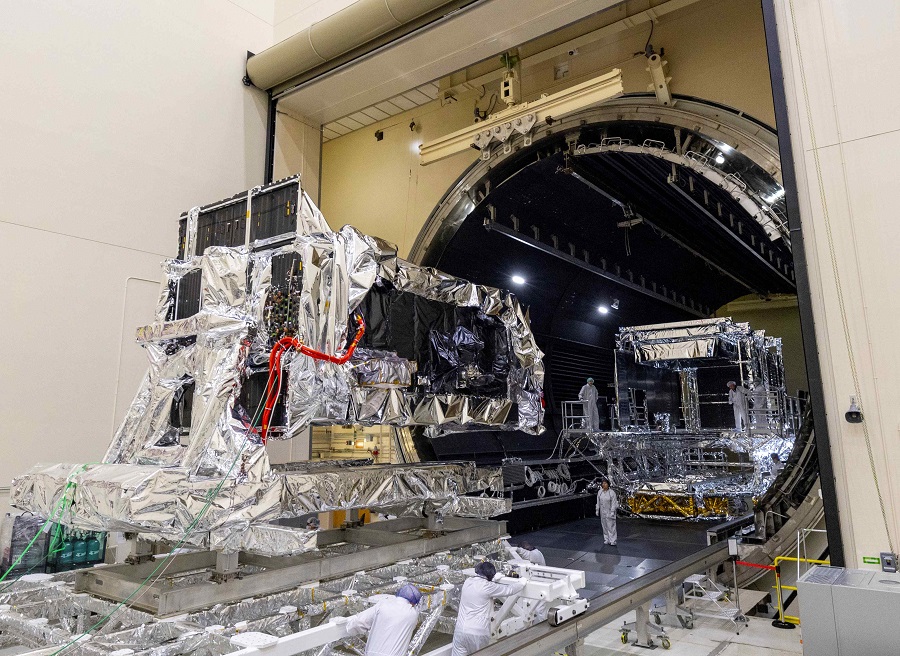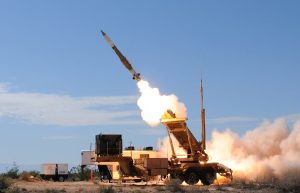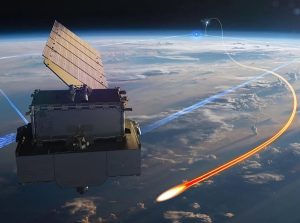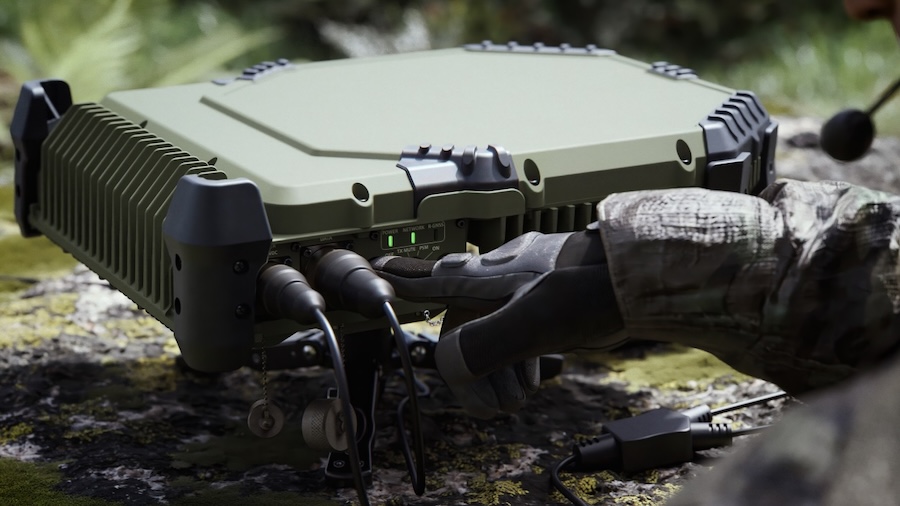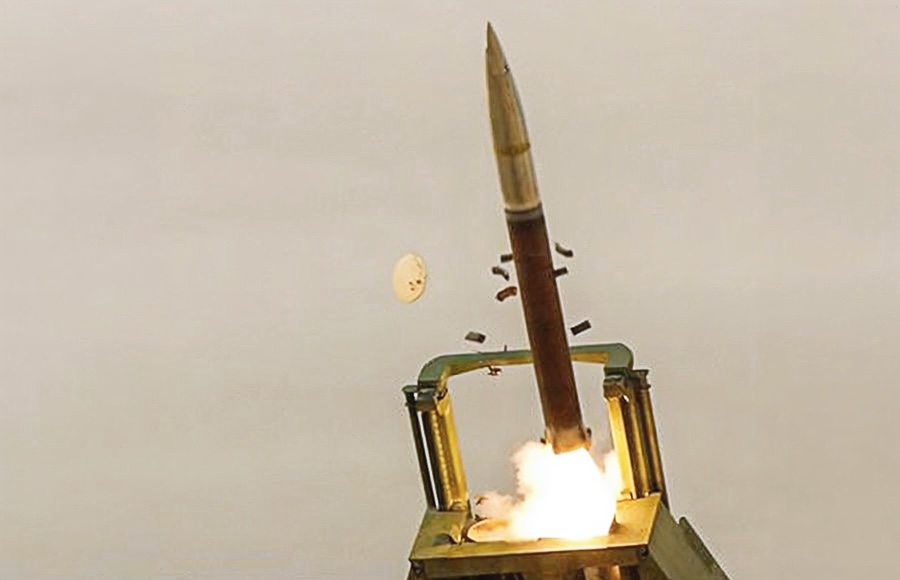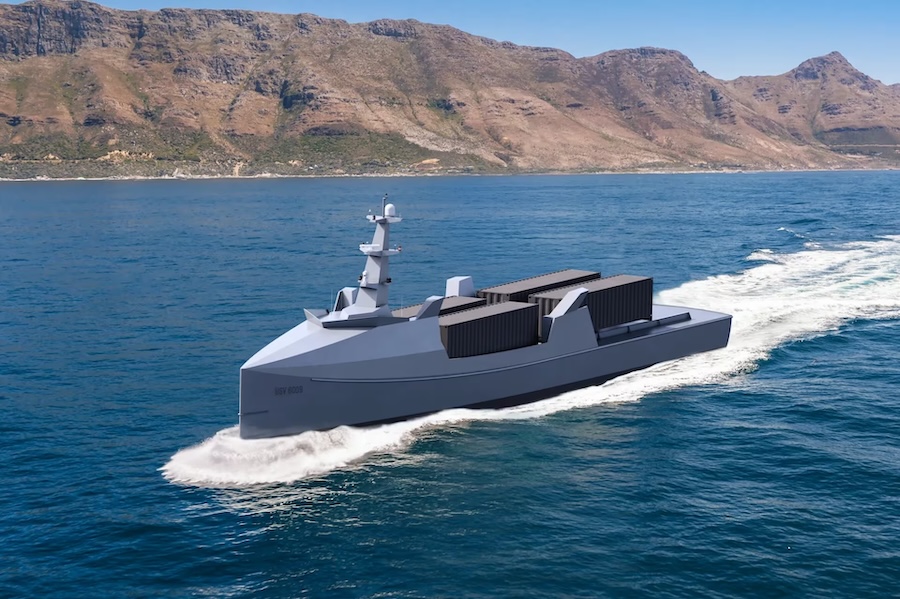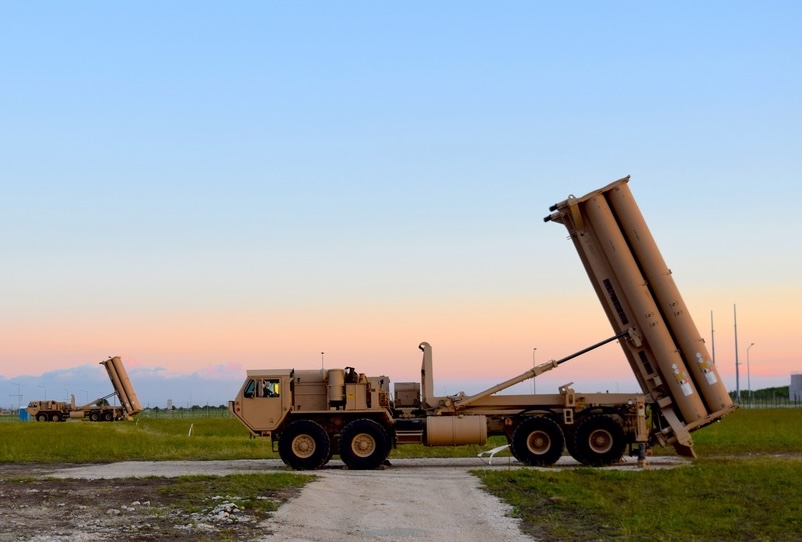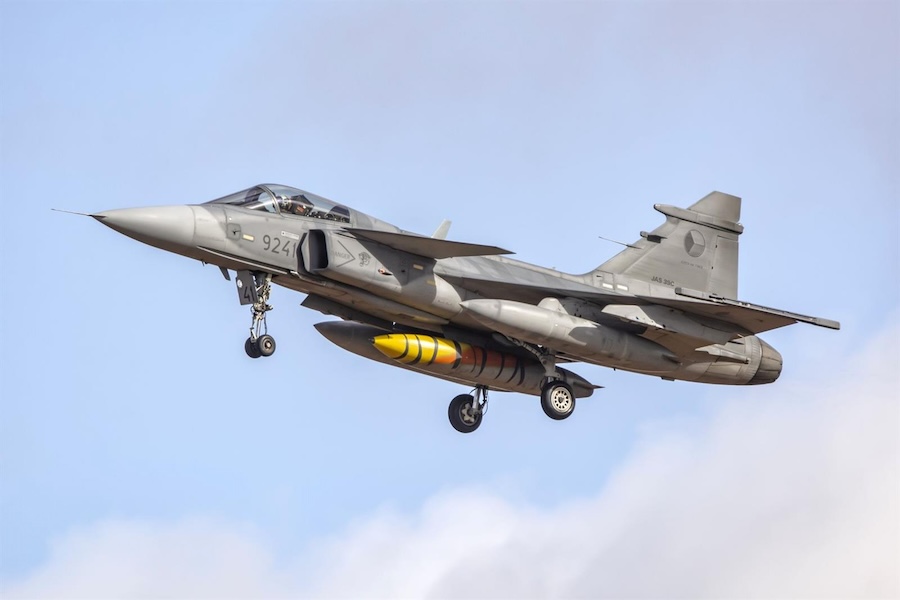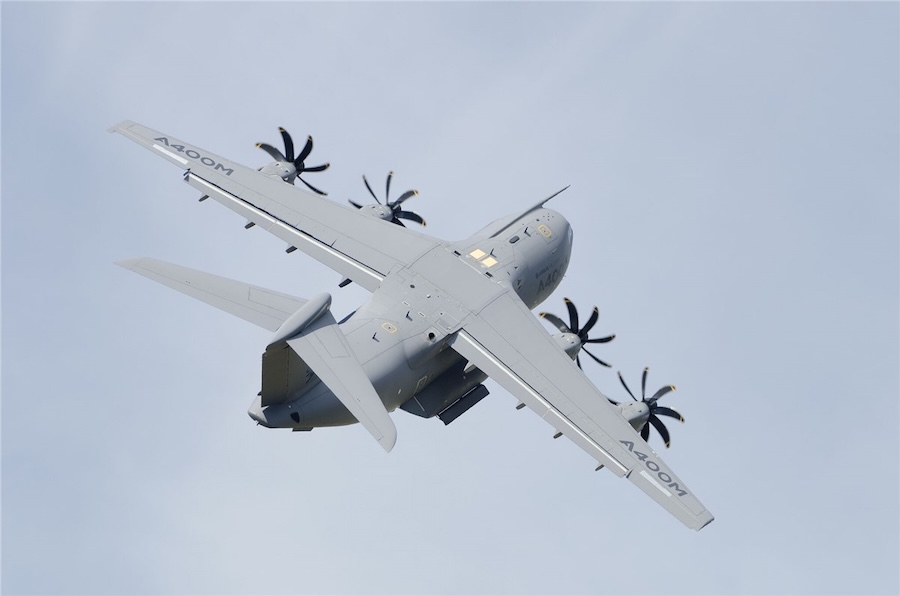The satellite underwent rigorous thermal vacuum (TVAC) and acoustic tests at Lockheed Martin Space’s facility in Sunnyvale, California. These tests demonstrated its ability to withstand extreme space temperatures and the violent vibrations expected during launch.
“Next-Gen OPIR GEO will enhance America’s persistent, around the clock, global surveillance and detection of missile threats,” said Joe Rickers, vice president of Transport, Tracking & Warning Programs at Lockheed Martin. “With the first Next-Gen OPIR GEO available to launch in the near future, Lockheed Martin is ready to support the government’s mission to protect America.”
Following testing, the satellite has entered final systems integration, which includes compatibility testing with various ground systems. This phase prepares the satellite for its ultimate deployment into orbit.
From its geosynchronous orbit, approximately 22,000 miles above Earth, the satellite’s advanced sensors will monitor mid-latitudes for ballistic missiles, hypersonics, and emerging threats. These sensors are designed to detect faster-burning, dimmer missile boosts and feature enhanced resiliency against counter-space threats.
Built on Lockheed Martin’s LM 2100™ combat bus, the Next-Gen OPIR GEO represents a technological advancement in missile warning capabilities. The new satellites will augment and eventually replace the existing Space Based Infrared System (SBIRS), also developed by Lockheed Martin.
SBIRS has demonstrated operational success, providing early warning during major missile events, including the 2020 attack on U.S. forces at Al-Asad Airbase and multiple missile launches targeting Israel in 2024. The system continues to play a key role in global defence strategy.
“America’s best defense is always going to start with having the earliest possible warning of threats – and that warning comes from what we see in space,” said Jeff Schrader, vice president for Strategy and Business Development at Lockheed Martin. “Building off our established mission experience, Next-Gen OPIR GEO will provide timely, critical missile warning data to inform our nation’s layered missile defense systems.”
The GEO satellites will operate in coordination with SBIRS and future Next-Gen OPIR Polar satellites. Together, these systems will support a resilient, layered architecture for national missile warning, tracking, and defence.


